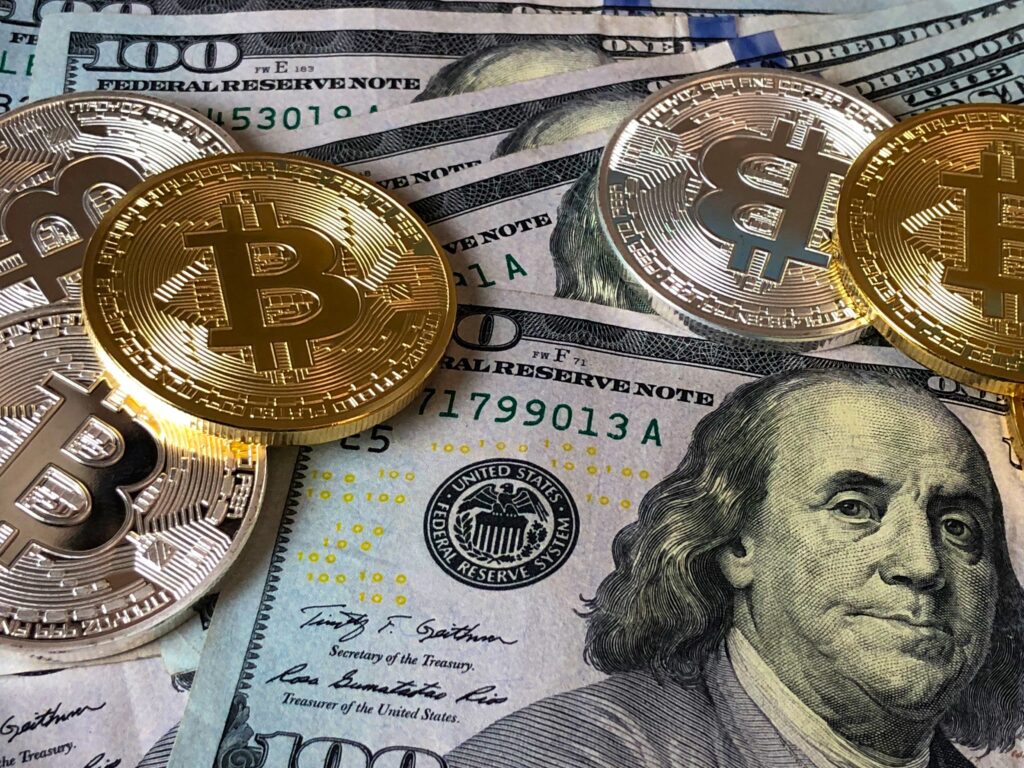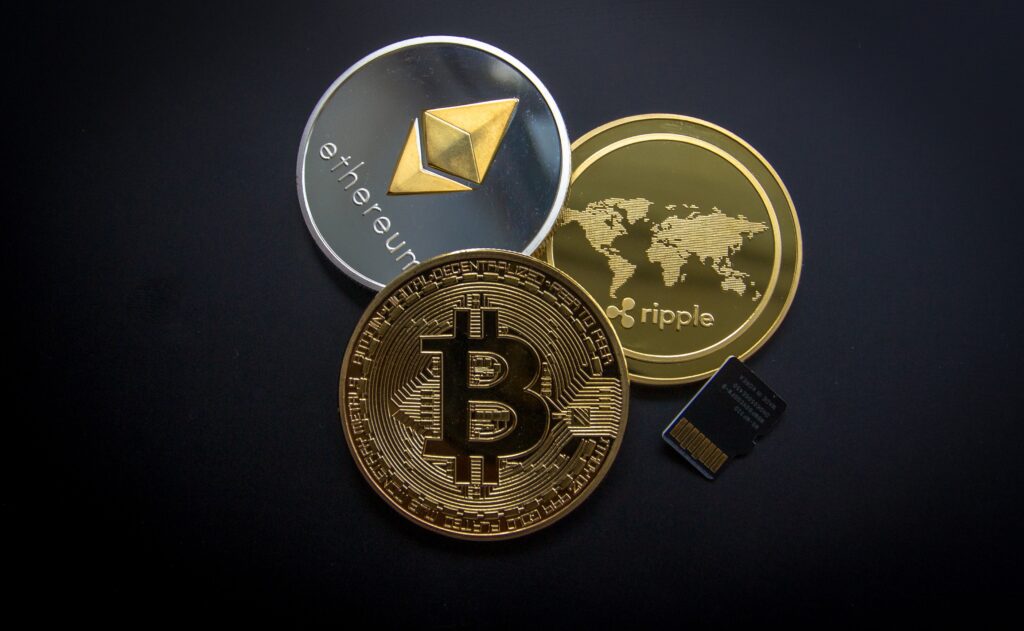Crypto mortgages are bringing in a new wave of onlookers, wondering if this is the next avenue to securing a home? Well it makes sense, but we’ll see if there’s a catch to it. Say you’ve got $300,000 in crypto currency, this can be leveraged against a mortgage company’s $300,000 cash for a home with no taxes paid because you never cashed out of crypto!

Why crypto mortgages do make sense
When you cash out of crypto you pay huge amounts of taxes, short-term investments get hit harder than long-term investments. The trick here is that the bank will hold your crypto equity as collateral, so it’s like you never cashed out and those taxes are out of the equation of your new home. This is especially helpful for those who are self-employed or a regular trader since qualifying isn’t easy traditionally.
The end all is crypto mortgages allow you to pay off your house without meandering through the traditional process, with large dollar signs sitting in your crypto wallets it makes perfect sense to skip all of that lousy traditional process!
Why crypto mortgages are insane
Okay really, what’s the risk?
Okay, so the thing is, like everything in the crypto world, crypto mortgages are an amazing idea that can go south for you very quickly.
Let’s say that your $300,000 in crypto tanks and now it’s worth $100,000. Your bank will perform a mortgage call and you’ll either need to put up more equity, refinance your home, or otherwise come up and with the cash.
And let’s be honest, crypto is very volatile. So, the odds are that this could happen.
It’s a gamble. If everything works perfectly, you disrupt the mortgage industry and get an amazing house without paying taxes. If everything goes poorly, you’ll be back on your Robinhood app trading penny stocks in no time at all.
As you should know, the crypto world is very volatile and can make your life either Heaven or Hell depending on the market. How you could end up losing out on big dollars is, say that $300,000 in your wallet tanks down to $100,000 your bank will either require you to refinance your home, put more equity, or otherwise come up with the cash. The odds of this happening are probable as the market fluctuates consistently, so the gamble is up to you. The pros are getting to disrupt the mortgage industry by securing an amazing home without paying taxes, versus the cons of a major setback in your crypto wallet and the bank leveraging you (they know you’re likely to pay considerable fee and high interest to avoid hefty taxes).
What crypto mortgages mean for tech disrupters
The larger picture is mortgage is a highly regulated and controlled industry. You’re not going to be getting FNMA mortgages, however the fact that you can get a subprime mortgage with crypto makes crypto continue to take over the conventional mainstream spheres.
So, what industry will be next? Travel and hospitality? Restaurants? Manufacturing? As cryptocurrency continues to tumbleweed in support and reach, it can also spread into any of these other sectors and more. Just as Blockchain technology is changing everything from the Metaverse to legal contracts, crypto can be slotted into any type of equity or asset-based transaction.
Years ago, crypto fans on Reddit rejoiced when they could suddenly order a pizza through BTC. Being able to buy cars, houses, or even just groceries with crypto doesn’t put crypto closer to adoption, it opens new opportunities more widespread than the eye can meet. It’s not just about building some crypto mobile app anymore. Now it’s about what traditional industry you want to disrupt.



